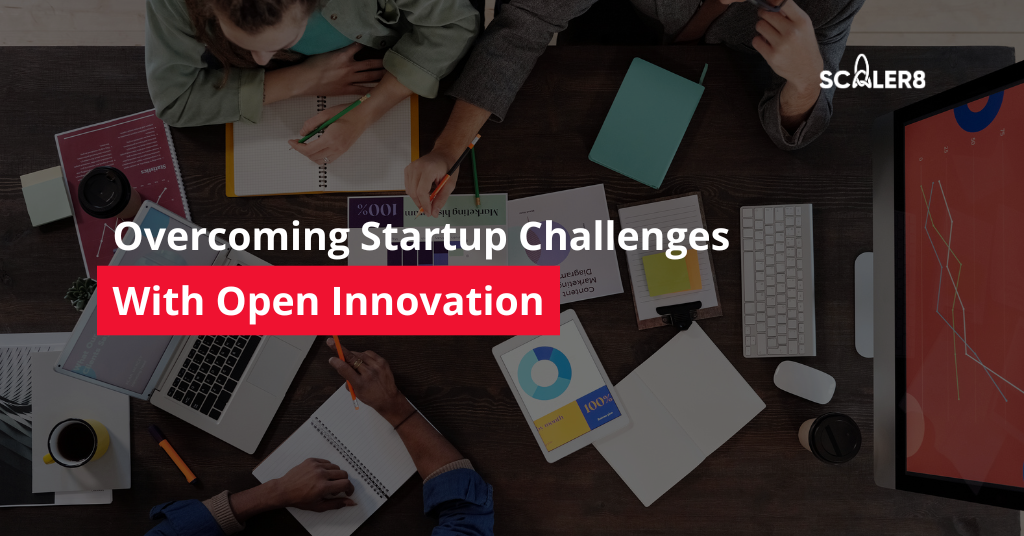Open innovation was first coined in 2005 by Berkeley professor Henry Chesbrough, in which he theorised an innovation process driven by the exchange of knowledge between companies, individuals and public agencies. The idea was that organisations could leverage external input combined with internal research activities to facilitate innovation and drive the development of new products to market. In essence, two organisations collaborating would share both risks and rewards.
This new paradigm to innovation has proliferated across the business world, with companies such as Ford, Scania, Samsung, Netflix and many others employing its use to address challenges as well as foster the creation of innovative products and services. Startups with innovative cultures have jumped at the opportunity to work with larger corporations. One example is What3Words, a startup that designed a solution to make navigation precise by giving every 3m x 3m square on the planet a unique three-word combination.
What3Words collaborated with Mercedes-Benz to integrate its geo-coding API into the car maker’s navigation system. Soon after, What3Words market presence grew with companies like Audi, Airbnb as well as public agencies such as Scotland’s Police embracing its navigation solution. Currently, over 1,000 products use What3Words’ platform in their services.
The Hunt for a Competitive Edge
Today’s fast paced culture demands innovation to stay competitive. Many companies are hampered by the lack of talent or skills, while others – large organisations in particular – are slowed by democratic decision-making processes and rigid organisational structures. Meanwhile, small businesses and startups have the agility to innovate at will but lack the facilities to develop their ideas to maturity. Sometimes they are constrained by lack of visibility and or limited market access.
Open innovation paves the way for corporates and startups to leverage their collective strengths to find solutions for their most pressing challenges. For instance, in 2009, Netflix wanted to improve its recommendation algorithm by 10%. It put out a US$1 million prize for any team or organisation that could achieve this feat. More than 5,000 teams participated in the challenge, which resulted in 44,000 solutions – some exploring alternative techniques Netflix hadn’t already tried. It succeeded in achieving its objective and gained insights into various ways to develop its algorithm. Beyond finding creative ways to solve problems, open innovation fosters value creation.
For large organisations, it plugs them into disrupting trends and technologies, from which ideas can be generated and turned into compelling prototypes or products. In this way, they sustain a competitive edge, as well as respond to market changes swiftly. For startups, open innovation provides a wealth of opportunities. By collaborating with larger organisations, they gain resources to convert their ideas into products ready for the market. In addition, working with large organisations lends credibility to their offerings and provides them with greater publicity, as well as access to new markets and industries.
Ready to collaborate?
With the help of a team of seasoned experts, Scaler8 is helping many Asian startups and SMEs gain entry into the German market.
The rate at which the digital ecosystem is growing in the European region, coupled with the demand for skills, talents and innovative ideas, has opened the door for Southeast Asia’s ambitious startups looking to expand their horizons.
Join Scaler8’s new cross-border initiative: Scaler8 Open Innovation.
This initiative will match startups to established German corporates who are looking for innovative solutions to their high-priority problem statements. Scaler8 will help participants collaborate effectively in a fast-tracked, low-risk and cost-effective manner.
Submit your interest now here.




